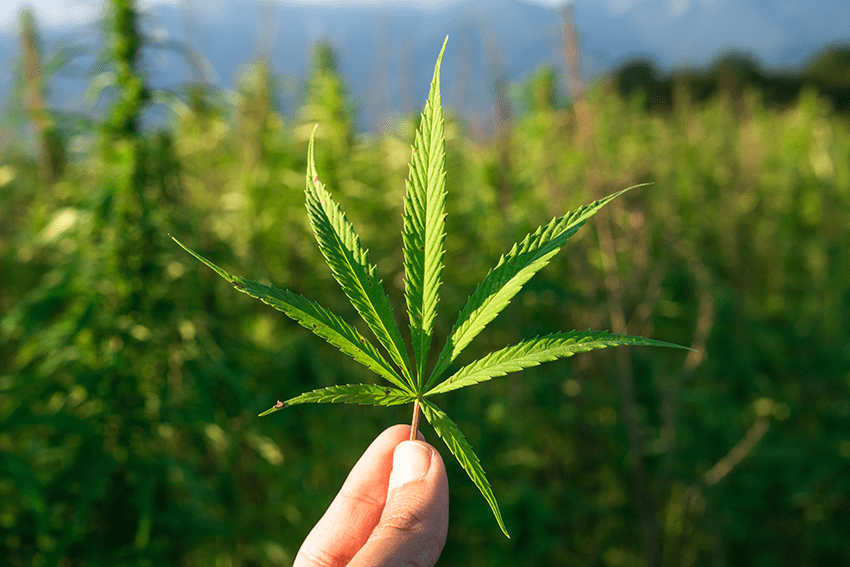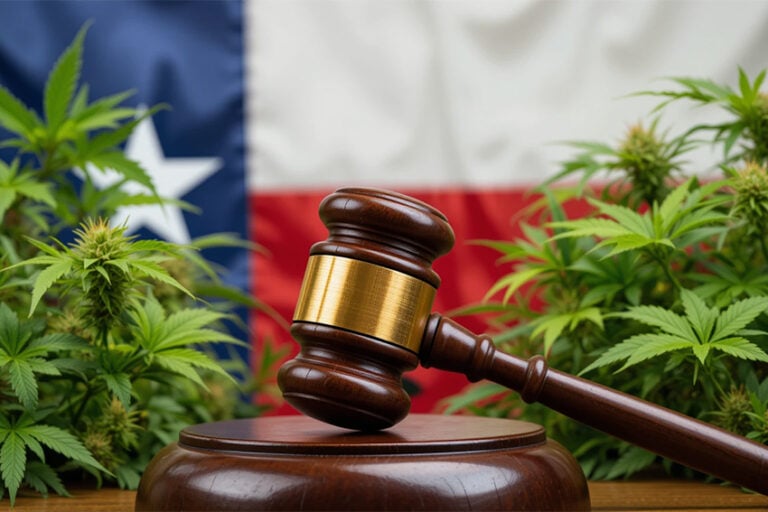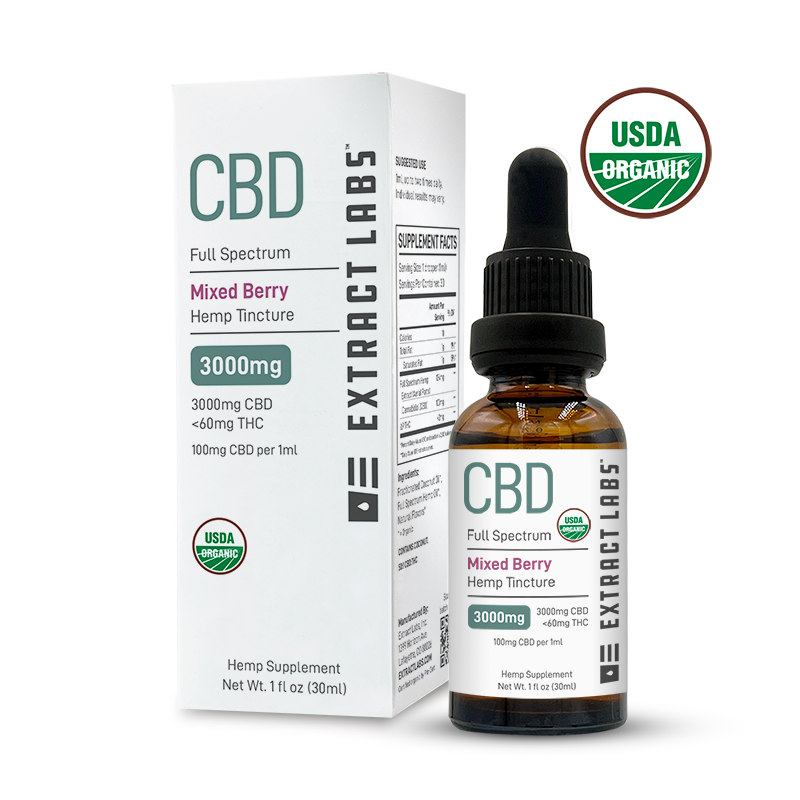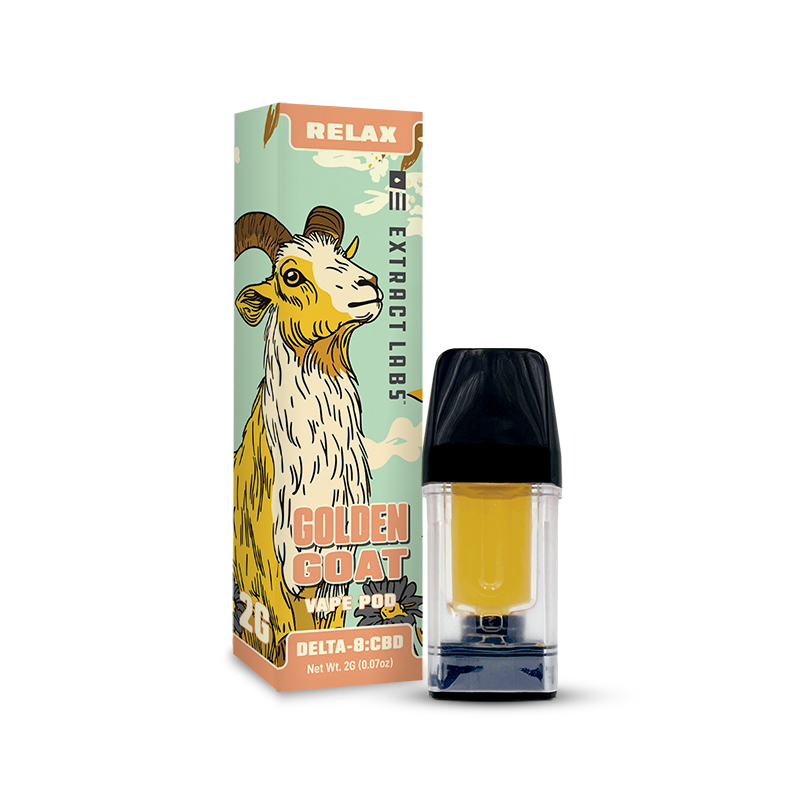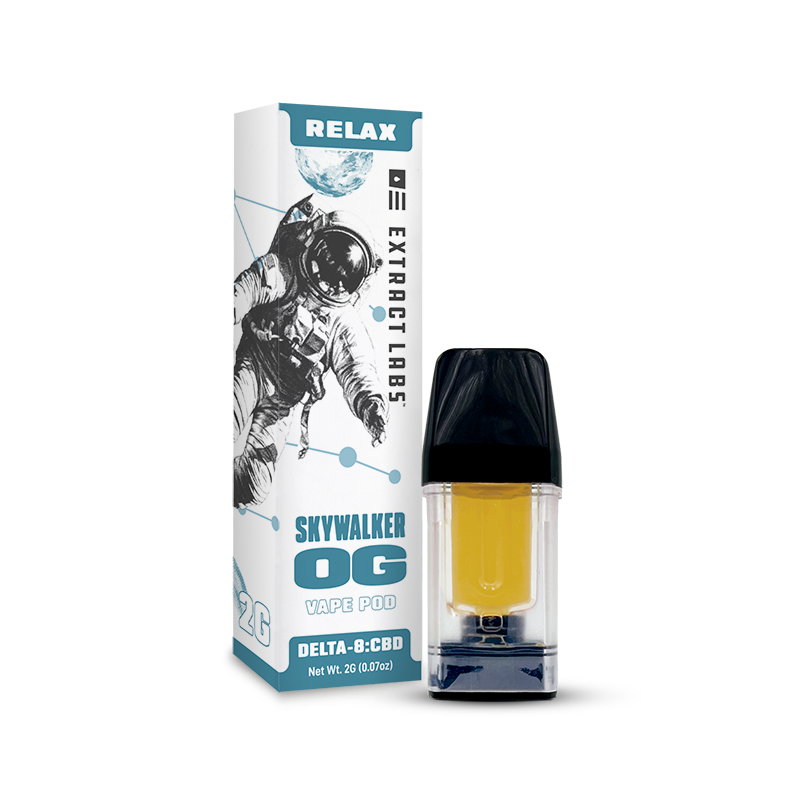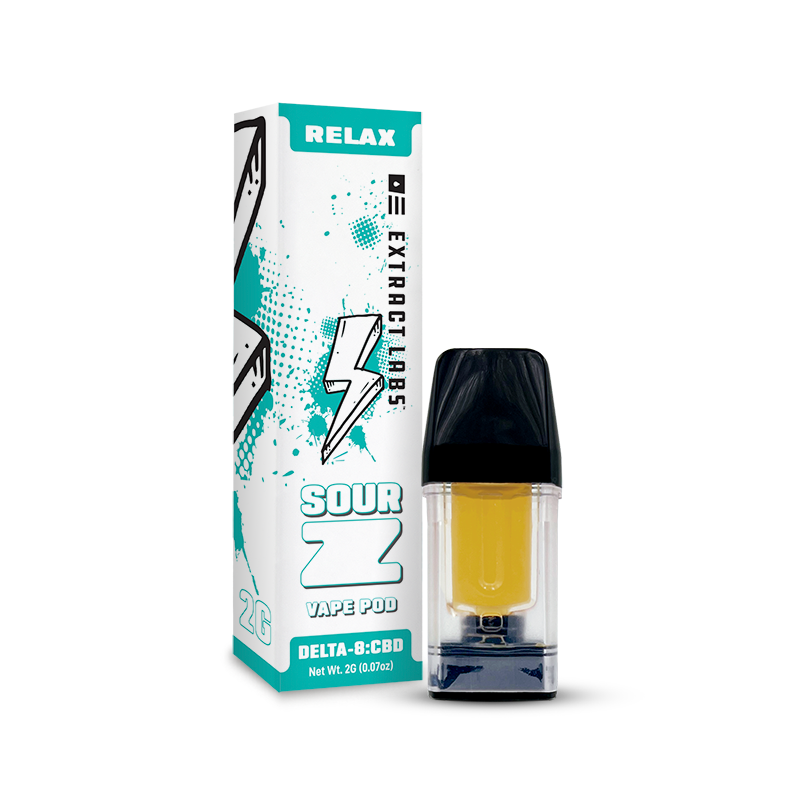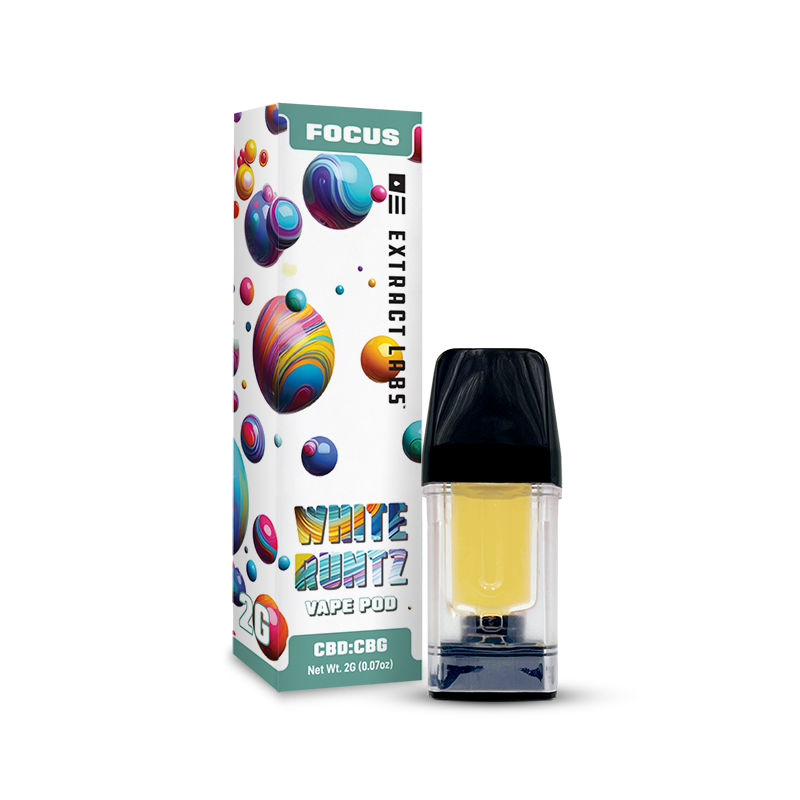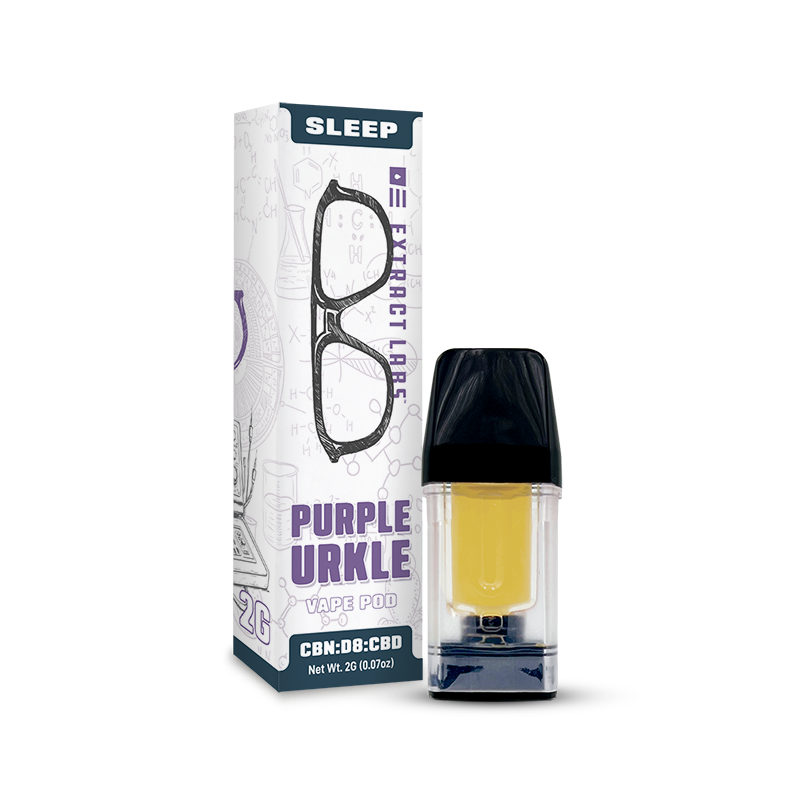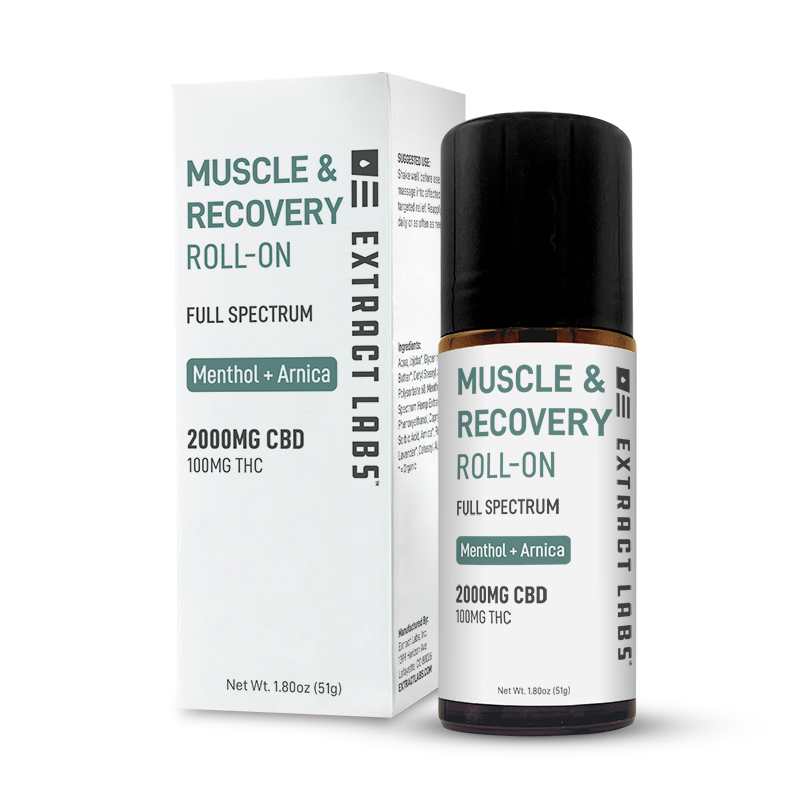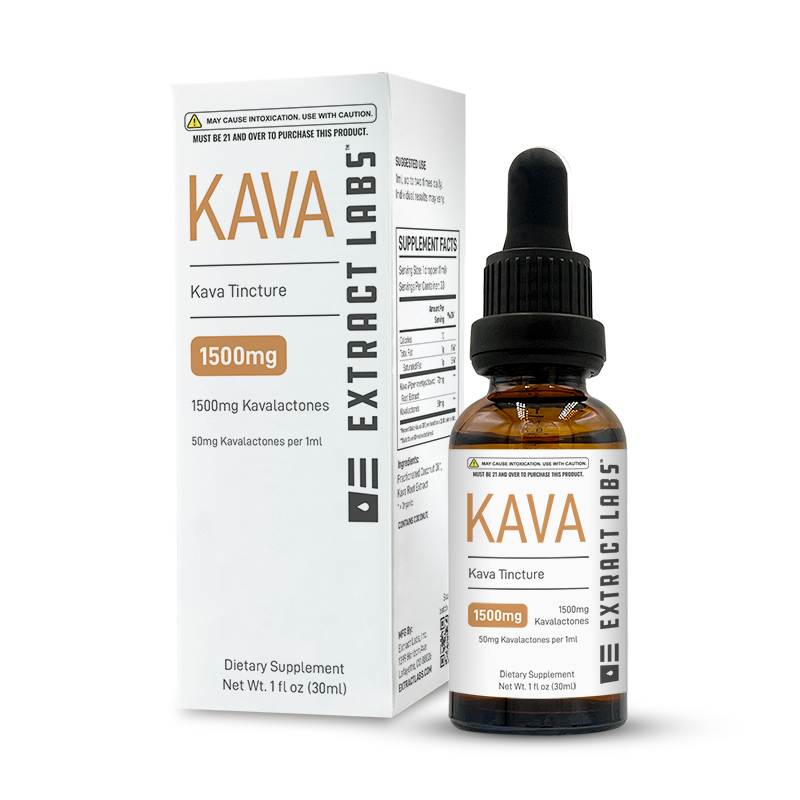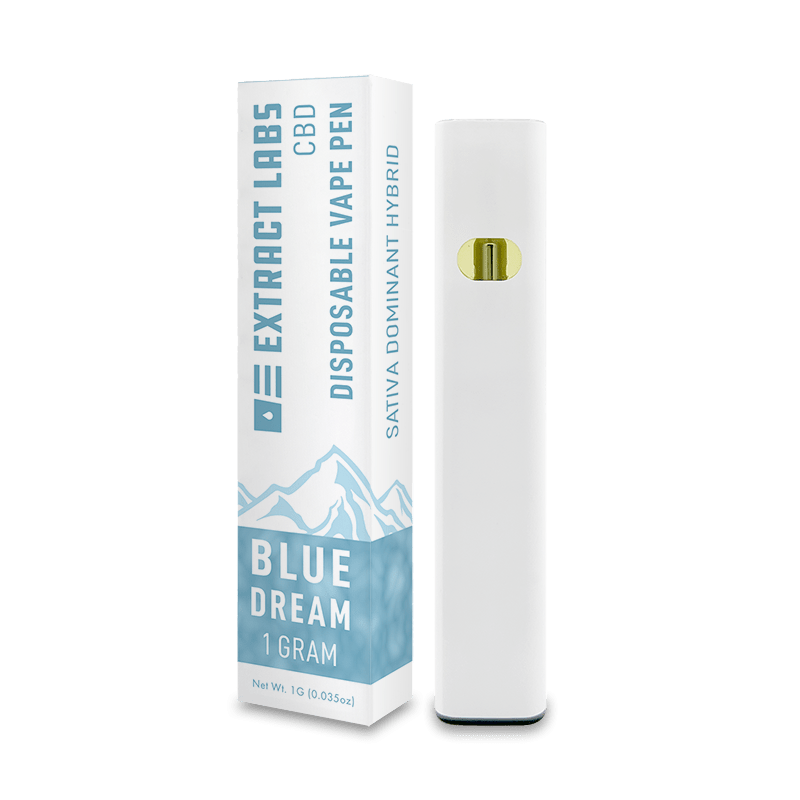CBD (cannabidiol) has quickly become a staple in many wellness routines, celebrated for its potential to support relaxation, ease stress, and enhance overall well-being. Derived from hemp, this non-psychoactive cannabis compound is federally legal—but navigating the patchwork of state-specific regulations can be tricky. If you’ve ever asked, “is cbd legal,” you’re not alone: laws and restrictions vary widely across the U.S., making it crucial to stay informed about the rules in your own backyard. Whether you’re exploring CBD for the first time or simply catching up on the latest updates, this guide breaks down everything you need to know about CBD’s legality in 2025.
Understanding CBD: A Brief Overview
CBD (short for cannabidiol) is a natural, non-intoxicating compound primarily extracted from hemp, a variety of cannabis. Unlike THC, CBD won’t leave you feeling “high,” but it does interact with your body’s endocannabinoid system, a network involved in regulating things like mood, sleep patterns, and appetite.
CBD comes in many forms—oils, capsules, gummies, creams, and even beverages. Each product type has its advantages, fitting seamlessly into different lifestyles and preferences. Choosing the right CBD product depends on your specific needs and daily habits.
While CBD’s popularity continues to soar, it’s not a magic solution, and ongoing research is essential to fully understand its effectiveness. Always opt for reputable brands that prioritize safety, transparency, and quality assurance.
Whether you’re seeking help with stress relief, better sleep, or simply curious about wellness options, staying informed about CBD’s possibilities and limitations will help you make smarter, safer decisions.
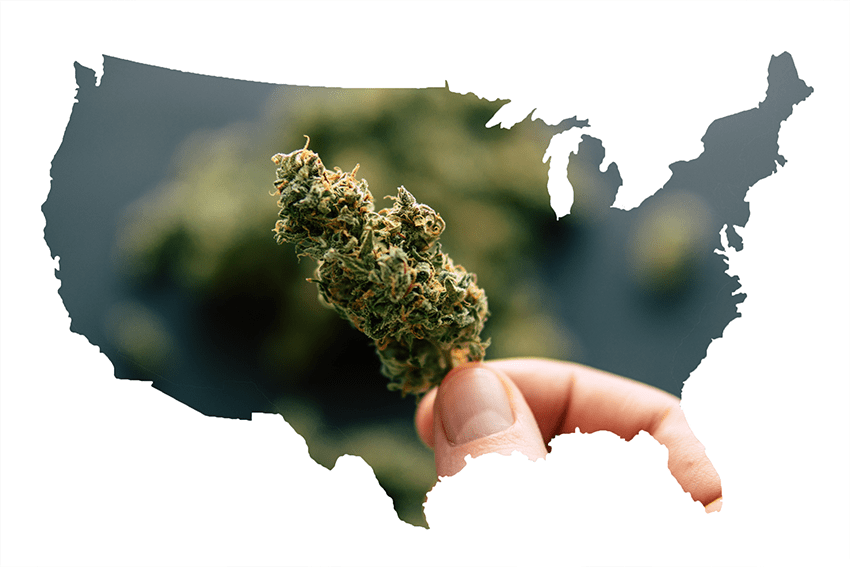
Is CBD Legal at the Federal Level?
The 2018 Farm Bill made hemp-derived CBD federally legal in the United States, as long as products contain less than 0.3% THC. However, each state retains the authority to set its own CBD regulations, causing significant variations nationwide.
As of 2025, many states, along with Washington, D.C., have legalized cannabis either medically, recreationally, or both, directly impacting CBD’s availability. Other states have introduced tighter restrictions, allowing only limited CBD use or imposing strict THC thresholds.
The FDA complicates matters further, having approved only one pharmaceutical CBD product—Epidiolex, prescribed exclusively for rare forms of epilepsy. General CBD products intended as dietary supplements or food additives have yet to receive FDA approval, leaving them in regulatory limbo. Although enforcement remains minimal, this ambiguity makes careful state-by-state verification critical before buying or using CBD.
CBD Laws by State: Updated for 2025
To help navigate state-specific regulations, here is the updated breakdown of CBD legality in each state:(Table updated March 25, 2025)
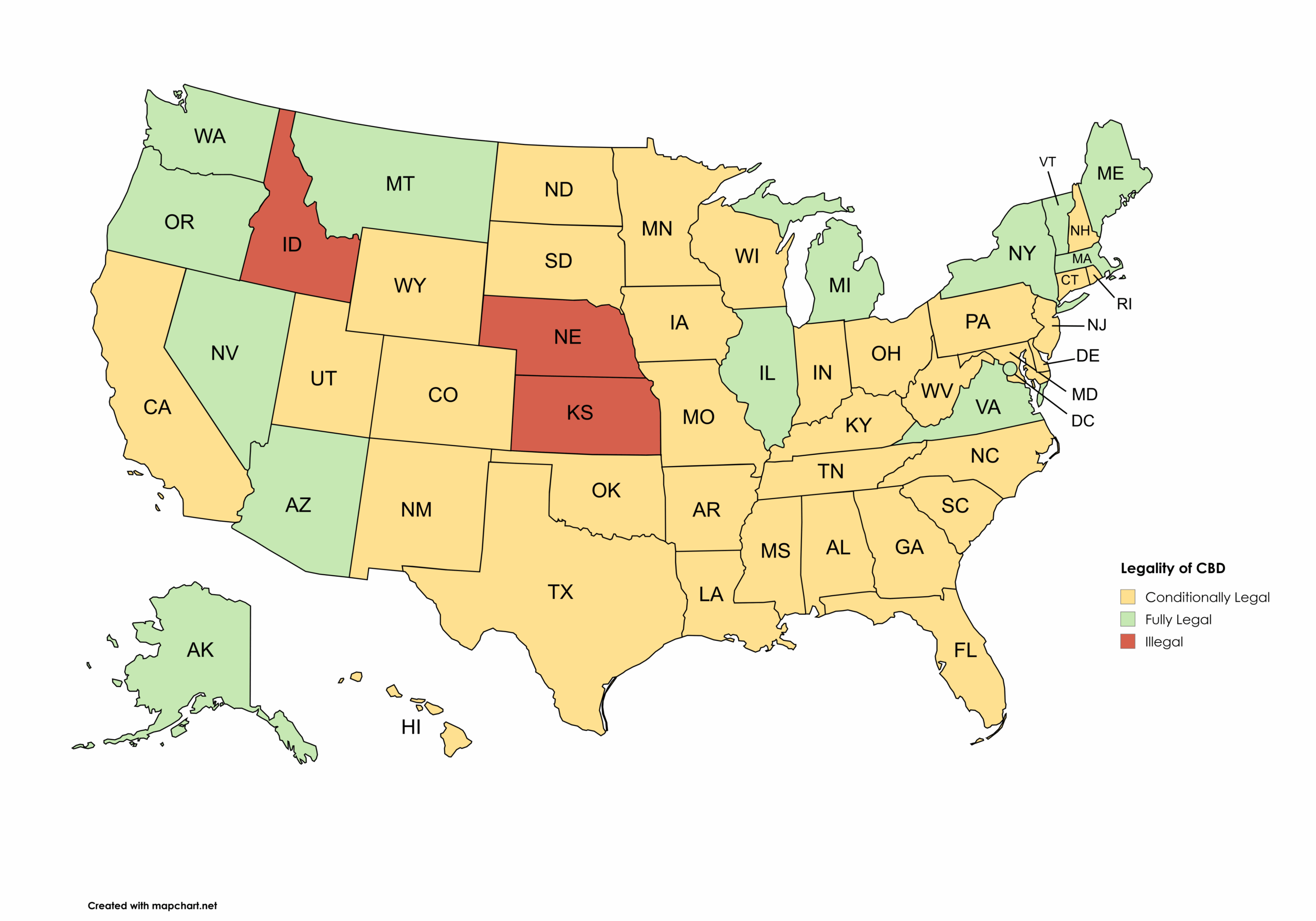
| State | Legal Status | Limitations |
|---|---|---|
| Alabama | 🟡 Conditional | Medical license required for products exceeding 0.3% THC. |
| Alaska | 🟢 Fully Legal | None |
| Arizona | 🟢 Fully Legal | None |
| Arkansas | 🟡 Conditional | Medical cannabis license required for products exceeding 0.3% THC. |
| California | 🟡 Conditional | Hemp-derived CBD edibles restricted; otherwise legal. |
| Colorado | 🟡 Conditional | Contains no more than 1.75mg THC and a ratio greater than or equal to 15:1 CBD:THC |
| Connecticut | 🟡 Conditional | Marijuana-derived CBD for medical use only. |
| Delaware | 🟡 Conditional | Medical cannabis license required for products exceeding 0.3% THC. |
| District of Columbia | 🟢 Fully Legal | None |
| Florida | 🟡 Conditional | Hemp-derived CBD must be under 0.3% THC. |
| Georgia | 🟡 Conditional | CBD oil with up to 5% THC permitted with medical license. |
| Hawaii | 🟡 Conditional | Hemp-derived CBD only, under 0.3% THC. |
| Idaho | 🔴 Illegal | All CBD products prohibited. |
| Illinois | 🟢 Fully Legal | None |
| Indiana | 🟡 Conditional | Hemp-derived CBD only, under 0.3% THC. |
| Iowa | 🟡 Conditional | Medical cannabis license required; hemp-derived CBD under 0.3% THC permitted. |
| Kansas | 🔴 Illegal | Strict prohibition on all CBD products. |
| Kentucky | 🟡 Conditional | Hemp-derived CBD only. |
| Louisiana | 🟡 Conditional | Hemp-derived CBD must be under 0.3% THC. |
| Maine | 🟢 Fully Legal | None |
| Maryland | 🟡 Conditional | Medical cannabis license required for marijuana-derived CBD. |
| Massachusetts | 🟢 Fully Legal | None |
| Michigan | 🟢 Fully Legal | None |
| Minnesota | 🟡 Conditional | Medical cannabis license required; hemp-derived CBD permitted. |
| Mississippi | 🟡 Conditional | Hemp-derived CBD only, marijuana-derived illegal. |
| Missouri | 🟡 Conditional | Medical cannabis license required for products exceeding 0.3% THC. |
| Montana | 🟢 Fully Legal | None |
| Nebraska | 🔴 Illegal | All CBD products prohibited. |
| Nevada | 🟢 Fully Legal | None |
| New Hampshire | 🟡 Conditional | Medical cannabis license required for marijuana-derived CBD. |
| New Jersey | 🟡 Conditional | Hemp-derived CBD under 0.3% THC permitted; marijuana-derived CBD medical only. |
| New Mexico | 🟡 Conditional | Medical cannabis license required for marijuana-derived CBD. |
| New York | 🟢 Fully Legal | Hemp-derived CBD under 0.3% THC permitted. |
| North Carolina | 🟡 Conditional | Hemp-derived CBD permitted, marijuana-derived CBD illegal. |
| North Dakota | 🟡 Conditional | Medical cannabis license required for marijuana-derived CBD. |
| Ohio | 🟡 Conditional | Medical cannabis license required for marijuana-derived CBD. |
| Oklahoma | 🟡 Conditional | Hemp-derived CBD permitted; higher THC requires medical license. |
| Oregon | 🟢 Fully Legal | None |
| Pennsylvania | 🟡 Conditional | Medical cannabis license required for products exceeding 0.3% THC. |
| Rhode Island | 🟡 Conditional | Medical cannabis license required for marijuana-derived CBD. |
| South Carolina | 🟡 Conditional | Hemp-derived CBD permitted; marijuana-derived CBD illegal. |
| South Dakota | 🟡 Conditional | Hemp-derived CBD permitted under strict conditions; marijuana-derived CBD illegal. |
| Tennessee | 🟡 Conditional | Hemp-derived CBD permitted; marijuana-derived CBD illegal. |
| Texas | 🟡 Conditional | Hemp-derived CBD permitted; recent Senate Bill 3 restricts THC-containing cannabinoid products. |
| Utah | 🟡 Conditional | Hemp-derived CBD must be under 0.3% THC. |
| Vermont | 🟢 Fully Legal | None |
| Virginia | 🟢 Fully Legal | None |
| Washington | 🟢 Fully Legal | None |
| West Virginia | 🟡 Conditional | Medical cannabis license required for marijuana-derived CBD; hemp-derived CBD permitted. |
| Wisconsin | 🟡 Conditional | Medical cannabis license required for marijuana-derived CBD; hemp-derived CBD permitted. |
| Wyoming | 🟡 Conditional | Hemp-derived CBD only. |
State Spotlight: Texas, California, and Georgia Tighten CBD and THC Regulations
As CBD and hemp-derived products continue to grow in popularity, several states have enacted significant legislative changes to regulate their sale and use. Texas, California, and Georgia have each introduced measures that reshape the legal landscape for CBD and THC products.
Texas: Senate Bill 3 Targets THC Products
In March 2025, the Texas Senate passed Senate Bill 3, significantly restricting retail sales of THC products, including Delta-8, Delta-9, and THC-infused beverages. The bill aims to restrict consumable hemp products to non-intoxicating cannabinoids like CBD and CBG.
California: Legal Battles Over Hemp-Derived Products
California has recently intensified regulations on hemp-derived products. In September 2024, California enacted emergency regulations prohibiting the sale of hemp products containing detectable levels of intoxicating cannabinoids and imposing age restrictions.
Georgia: New Regulations on Hemp Products
Georgia has introduced new laws to regulate its growing hemp industry, affecting products like CBD gummies and beverages. These new regulations include setting a legal consumption age of 21, establishing testing and registration protocols, and limiting the amount of Delta-9 THC in products.
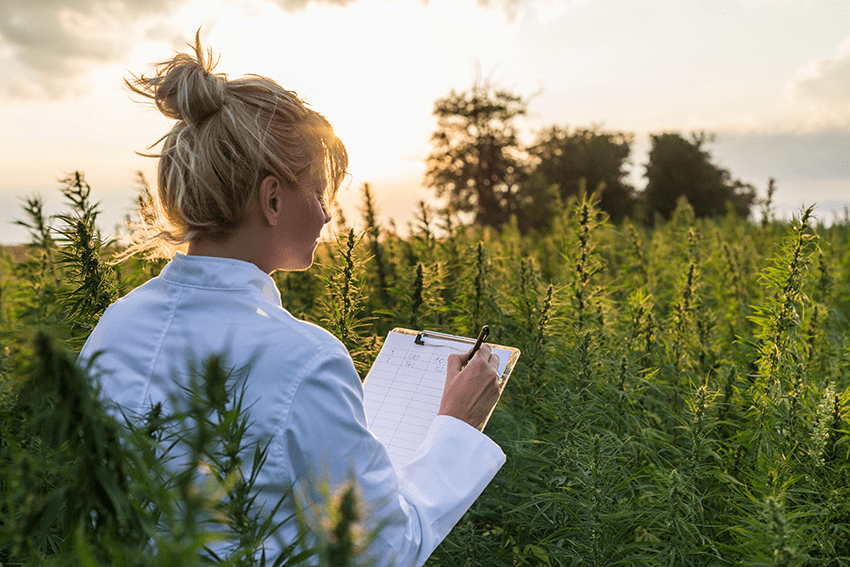
Traveling with CBD: What You Need To Know
Always check state laws before traveling domestically with CBD, as regulations can differ significantly. Even federally legal CBD products may encounter restrictions or prohibitions in certain states. International travel with CBD products is generally discouraged unless specifically confirmed legal in your destination. Some countries have strict anti-cannabis laws, and even minimal amounts of CBD could lead to severe legal consequences abroad. (TSA Guidelines)
CBD’s Future: What’s Next for Legalization
While many anticipate broader CBD legalization, opposition and regulatory complexities remain prominent. Recently, anti-legalization groups have intensified efforts to influence policy and public perception, potentially slowing cannabis reform. According to Reuters, these groups argue against legalization citing health and safety concerns, complicating the push for more uniform federal legislation (Reuters).
Federal action remains the most crucial factor in determining future CBD regulations. The FDA emphasizes ongoing regulatory uncertainty regarding CBD’s approval as a dietary supplement or food additive, highlighting the need for clearer guidelines and enforcement consistency (FDA). Legislative efforts, such as comprehensive cannabis reform by Congress, could further stabilize the market and enhance consumer safety. Staying informed about state-level changes and participating actively in policy discussions remain essential for both producers and consumers.
Choosing CBD Wisely: Staying Safe & Compliant
Understanding CBD’s legal landscape is essential. Because regulations can shift at any time, stay on top of your state’s rules, choose a reputable brand, and consult a healthcare professional for personalized guidance. At Extract Labs, we’re committed to transparency and compliance—whether you’re exploring our full spectrum oils, tasty gummies, soothing topicals, or convenient capsules. Visit our store to shop our rigorously tested CBD products and enjoy peace of mind with every purchase.
CBD is legal at the federal level; however, its legality can vary by state.
CBD is currently fully legal in 10 states. Idaho, Nebraska, and South Dakota have the most strict policies on CBD, making it illegal, even for medical use. Check out our chart with all 50 states.
It's usually okay to travel with CBD made from hemp. That's because hemp was taken off the Controlled Substance Act by the 2018 Farm Bill - just check state regulations regarding CBD products before your travels.
While more research is being conducted on the potential benefits and risks of CBD and more states move to legalize medical and recreational cannabis, it's possible that the legal status of CBD could change in the future.
Some states have made CBD legal if it contains less than 0.3% THC and/or for medical use only.
In Texas, CBD is legal with less than 0.3% THC. However, the House Bill 1325 made it so CBD products must be tested and labeled accurately, and retailers must be liscenced by the state. As well, CBD is for medical use only.
Works Cited
Business of Cannabis. “Texas Senate Approves Controversial Ban on THC.” March 2025. https://businessofcannabis.com/texas-senate-approves-controversial-blanket-ban-on-thc/.
Reuters. “Hemp Legal Fights Heat Up in California.” October 2024. https://www.reuters.com/legal/government/column-hemp-legal-fights-heat-up-california-beyond-2024-10-09/.
Axios Atlanta. “Georgia Tightens Regulations on Hemp Products.” 2025. https://www.axios.com/newsletters/axios-atlanta-b8be9240-63a7-11ef-8ff4-b1aca0276d34.
- FDA. “FDA Regulation of Cannabis and Cannabis-Derived Products, Including Cannabidiol (CBD).” U.S. Food & Drug Administration, 2024, https://www.fda.gov/news-events/public-health-focus/fda-regulation-cannabis-and-cannabis-derived-products-including-cannabidiol-cbd
- Reuters. “Cannabis legalization pushback: Anti-legalization groups ramp up efforts to stop the green wave.” 2025. https://www.reuters.com/legal/litigation/cannabis-legalization-pushback-anti-legalization-groups-ramp-up-efforts-stop-2025-03-19/.
